Good night!published at 21:32 BST 8 June 2016
Another day on the Business Live page draws to a close.
Many thanks for staying with us and don't forget we'll be back bright and early tomorrow with all the breaking business news.
Do join us then.
BHS: Former owner Dominic Chappell defended himself in front of MPs
Dominic Chappell 'had fingers in the till': Former associate
BHS 'faced significant competition', MPs told
Karen Hoggan
Another day on the Business Live page draws to a close.
Many thanks for staying with us and don't forget we'll be back bright and early tomorrow with all the breaking business news.
Do join us then.
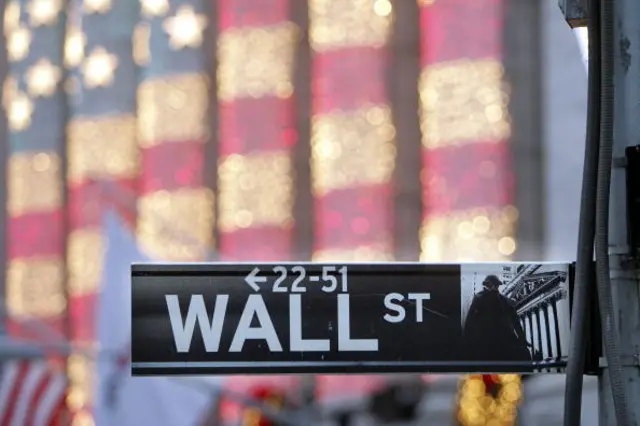 Image source, Getty
Image source, GettyIn New York the Dow Jones closed above 18,000 for the first time since April.
Falls in the dollar boosted some commodity-related shares and boosted the outlook for multinationals.
The weaker dollar tends to benefit US multinationals with a high percentage of overseas sales.
"The weaker dollar and strength in commodity names is certainly helping to fuel the market's strength," said Michael James, managing director of equity trading at Wedbush Securities in Los Angeles.
"Multinational companies are all benefiting and helping to drag the market higher."
It was the third straight day of gains on Wall Street and put the S&P 500 within 12 points of its all-time record set in May 2015.
The Dow Jones closed up 0.37% at 18,005.05.
The Nasdaq ended the day at 4,974.64 - a rise of 0.26%.
And the S&P 500 was up 0.33% at 2,119.12.
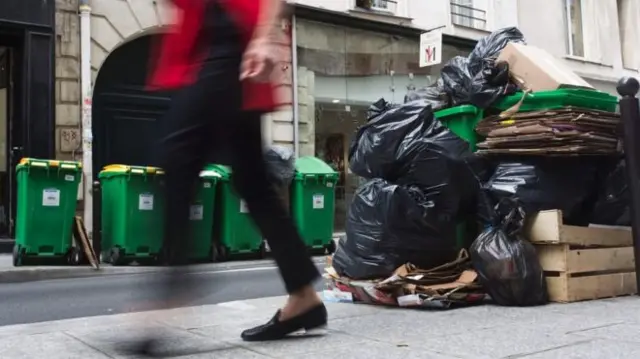 Image source, AFP
Image source, AFPFirst came the petrol shortages, then the rail strikes and the devastating floods. Now, with Euro 2016 starting on Friday, Paris and other French cities have been hit by a bin strike.
The capital's three main waste treatment facilities were picketed on Wednesday in a continuing dispute over labour reforms.
Bin collections have stopped in several areas and rubbish has begun piling up.
The government has struggled to bring an end to industrial action over its decision to force through watered down reforms to France's labour laws without a vote in parliament. Read more here
 Image source, Getty Images
Image source, Getty ImagesGerman prosecutors are investigating whether Volkswagen employees deleted data that could be harmful to the company for a week before the carmaker admitted to US authorities that it had cheated diesel-emissions tests, the Reuters news agency reports.
It cited broadcasters NDR and WDR and the Sueddeutsche Zeitung newspaper. According to the media outlets, prosecutors in Braunschweig, near Volkswagen's headquarters, were investigating the issue, Reuters said.
The prosecutor's office was not reachable at the time of writing, Reuters said, and Volkswagen declined to comment on an ongoing investigation.
 Image source, Getty Images
Image source, Getty ImagesHere's a big story we missed on the Live page earlier because we were so immersed in the BHS hearing.
The Queensferry Crossing - the new £1.35bn road bridge across the Forth - will now open in May 2017, six months later than originally planned.
Keith Brown, the cabinet secretary for the economy, said the delay had been caused by "adverse weather conditions" in April and May.
When the existing Forth Road Bridge was closed to traffic for almost three weeks in December it caused massive delays and disruption to traffic.
 BBC Radio 4
BBC Radio 4
As we reported earlier, the former owner of BHS, Dominic Chappell, has been accused of being "a liar" who had his "fingers in the till" by top BHS managers.
The claims were made to MPs at a hearing into the collapse of the firm - which was sold to Mr Chappell by Sir Philip Green's Arcadia group last year
BBC business editor, Simon Jack, has been considering the claims made at today's committee meeting for the Six O'Clock News; and also how Sir Philip Green might respond to them when he appears next week
MPs are investigating the collapse of the high street chain
Campaign magazine tweets ...
Take a trip down memory lane ...
Allow X content?
This article contains content provided by X. We ask for your permission before anything is loaded, as they may be using cookies and other technologies. You may want to read X’s cookie policy, external and privacy policy, external before accepting. To view this content choose ‘accept and continue’.
 BBC World Service
BBC World Service
The authorities in Morocco have banned people from reading - in public places - newspapers bought by other people, reports BBC World Service.
Newspaper editors said the habit of leaving the papers behind in public places was costing their industry about $150m £103m) a year in lost revenue.
They said the habit of sharing newspapers, leaving them lying around and generally trying to avoid paying for them was "bleeding the sector."
And it seems the country's communications minister Mustapha Khalfi agrees. At the same time he's also announced plans to subsidise the print media industry.
Many Moroccans are questioning how the ban will be enforced.
Others are ridiculing the ban via social media. One person suggested special uniformed "Newspaper Police" might arrest "illegal" readers, seize their offending newspapers and burn them publicly in the square.
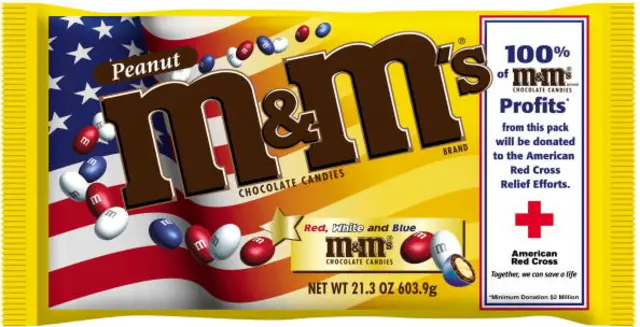 Image source, Getty Images
Image source, Getty ImagesChocolate lovers in Sweden are in for a shock. A court in the country has banned Mars from selling M&Ms in the country.
The Svea court of appeal has ruled that the lower case "m" stamped on the colourful chocolates is a breach of a copyright held by Kraft's Marabou brand of chocolate-covered peanuts.
But the judges ruled that if Mars used capital "Ms" on both the sweet and their packaging, it would be not be infringing copyright. Mars said it did not believe there was any confusion between the two products and said it was assessing its next move.
BBC South America business correspondent Daniel Gallas writes...
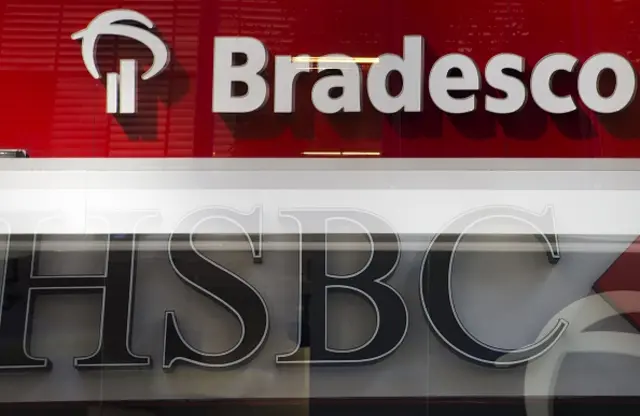 Image source, Getty Images
Image source, Getty ImagesThe sale of HSBC assets in Brazil to Bradesco bank has been approved by Brazilian antitrust authorities.
Europe’s biggest bank announced last year it was leaving emerging countries such as Turkey and Brazil in an attempt to reduce costs.
Bradesco will take over the HSBC operation for $5.2bn.
Brazilian authorities approved the deal unanimously – but imposed restrictions on Bradesco.
The Brazilian bank will not be allowed to make any more acquisitions in the next 30 months.
Despite Brazil’s severe recession, local banks have registered good financial results, while foreign brands such as Citi and HSBC are leaving the country.
Companies across the UK are stepping up their advice to employees on the EU referendum.
The American bank Citigroup is the latest. It has told employees that the decision on EU membership "is for individual voters" but that it has "important implications for our business" - and has warned it may have to downsize in the UK in the event of a Brexit.
It said in a memo to employees:
"We believe the UK's position as a global leader in many areas of financial services is in no small part aided by efficient and effective access to the EU’s single market... We believe access to the single market leads many other international companies, including many of Citi’s major clients, to invest in the UK and base their regional or global headquarters here."
And it concludes:
"A vote to leave the EU is likely to have implications for our UK operations. To continue to serve our clients and maintain efficient access to those markets currently enabled through the EU passporting regime, we would likely need to rebalance our operations across the EU."
We wonder which way it wants employees to vote?
That follows comments from Sir Martin Sorrell, chief executive of advertising giant WPP, who restated his opposition to Brexit, saying that the UK faced a "nail-bitingly close" vote on 23 June.
"Are we sleepwalking into a black hole?" Sir Martin asked in his AGM statement, before saying that Brexit would lead to at least short-term UK GDP weakness.
JCB chairman Lord Bamford has restated his views on Brexit in a letter to the firm's employees.
He said JCB will continue to trade with the EU irrespective of the outcome of the 23 June referendum, and that 78% of JCB's turnover comes from the UK and countries outside the EU.
He said he was very confident the UK can stand on its own two feet.
"I believe that JCB and the UK can prosper just as much outside the EU, so there is very little to fear if we do choose to leave," he said.
"I voted to stay in the Common Market in 1975. I did not vote for political union. I did not expect us to hand over sovereignty to the EU. I certainly did not expect unaccountable leaders in Brussels to govern over us."
He added that he would be voting to leave, and urged employees to vote, whichever way they felt best.
 BBC Radio 4
BBC Radio 4
Now over on Radio 4 - the other chairman of the Business Committee, which has been questioning figures from BHS about the collapse of the high street chain, has said the inquiry is throwing up many questions.
On BBC Radio 4' PM programme the Labour MP Iain Wright said Dominic Chappell was supported in his bid to buy BHS for a pound, despite the fact he had no retail experience and had been bankrupt three times.
Quote MessageThe reason he was a credible buyer is because £35m was put into a lawyer's account to show that he had the working capital, the cash available, to be able to trade. Now we're finding out - and it was virtually confirmed today - that actually Philip Green stood behind that £35m. So in order to ensure credibility of a particular purchaser, Philip Green provided that money. Now we need to get to the bottom of that, because the fact that that would have been allowed to happen, again, defies credibility.
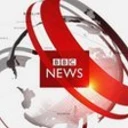 BBC News Channel
BBC News Channel
The chairman of the Work and Pensions Committee, Frank Field - who was at the BHS hearing - told the News Channel MPs were disturbed to hear that BHS's former owner, Sir Philip Green had tipped the company into administration and had chosen the liquidators. [See post below for Sir Philip's thoughts on those claims]
Quote MessageIain Wright and I, who jointly chair this, have written to the Industry Minister to say are you satisfied that the person who is going to break up this company, sell the assets, is actually going to do it with the very best price in mind and to save as many of those 11,000 jobs possible?
Those of you reading the live page today will have seen the various claims made by the former owner of BHS - Mr Chappell - in a hearing with MPs.
A spokesman for Sir Philip Green has responded with the following:
He also says that, with regard to the claim that the BHS business could have been saved, things could have been different "if Chappell had brought funding to the table".
He says his company Arcadia “invested substantially in BHS and there was significant funding at the point of sale", adding that he "gave Retail Acquisitions every opportunity to succeed in the turnaround”.
 BBC Radio 5 Live
BBC Radio 5 Live
More reaction from Lin MacMillan who used to work at BHS and has started a campaign for staff and pensioners affected by the company's collapse. She's been speaking to BBC 5 Live.
Quote MessageWe can all see over the 15 years that Sir Philip Green owned the company there was a distinct lack of investment in it which has led to the situation it BHS in today not helped by how Dominic Chappell has behaved since he took over the ownership. If there had been decent investment BHS could still be a thriving retailer.
Lin MacMillan
 BBC News Channel
BBC News Channel
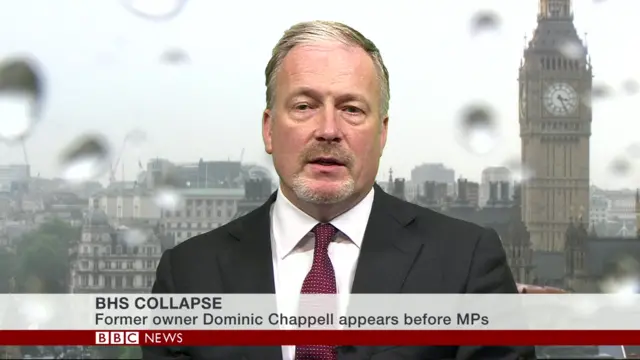
The Conservative MP Richard Fuller, who sits on the Business Committee - which has been questioning current and former executives at BHS - told the BBC News Channel he hoped the high street chain's employees would trust that the committee was trying its hardest to get to the truth about its collapse:
Quote MessageWe're trying to get to the bottom of whether people used those positions of authorities and the positions of responsibilities that they had, in the best interests of the people who every day turned up for work and put in tremendous amounts of service. We've had weeks of evidence now, and I'm yet to be convinced that there was that concern at the top of British Home Stores.
 Reality Check
Reality Check
 Image source, Thinkstock
Image source, ThinkstockThe BBC's Clive Coleman looks into opposing claims about how much UK law comes from the EU.
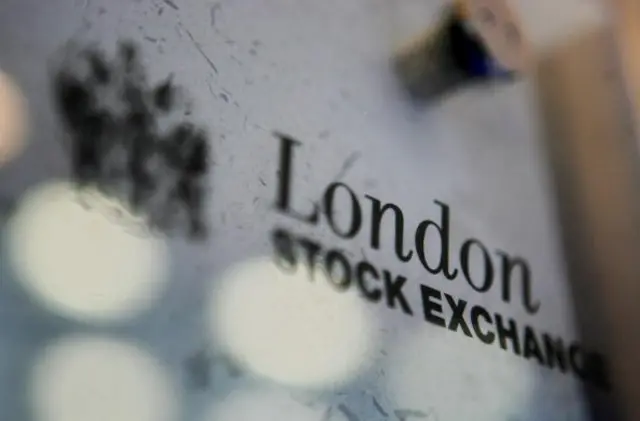 Image source, Getty Images
Image source, Getty ImagesAfter early losses the FTSE 100 actually ended the day slightly up at 6,301.52 - a rise of 0.27%.
The four biggest risers were all mining stocks.
Anglo American was up 4.8%, Fresnillo up 4.2%, Glencore up 4.1% and Randgold up 4.1% boosted by rising copper prices.
Royal Dutch Shell rose 2.6% as oil prices continued to climb, hitting eight-month highs. The price of Brent crude hit $52.20 per barrel.